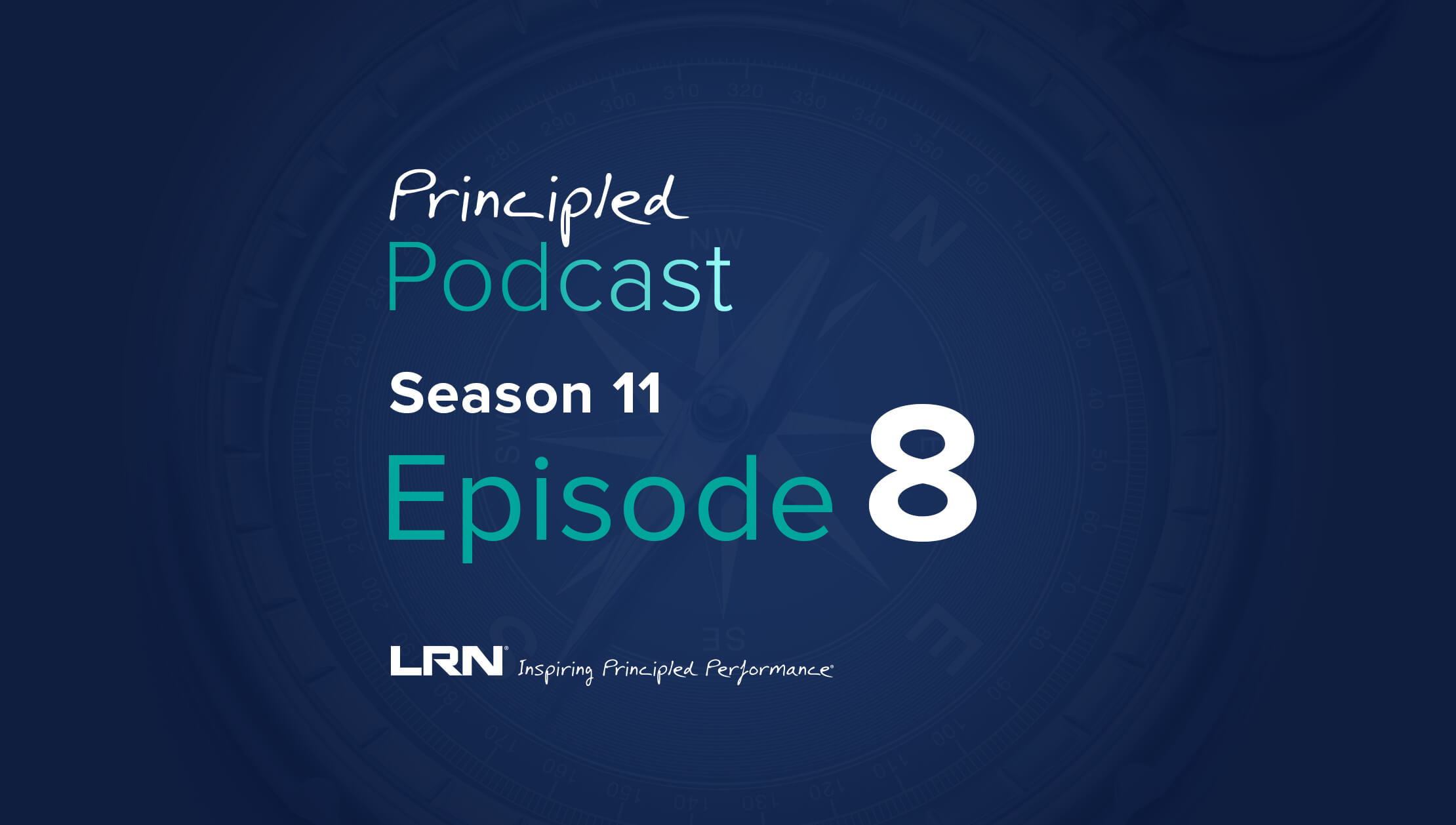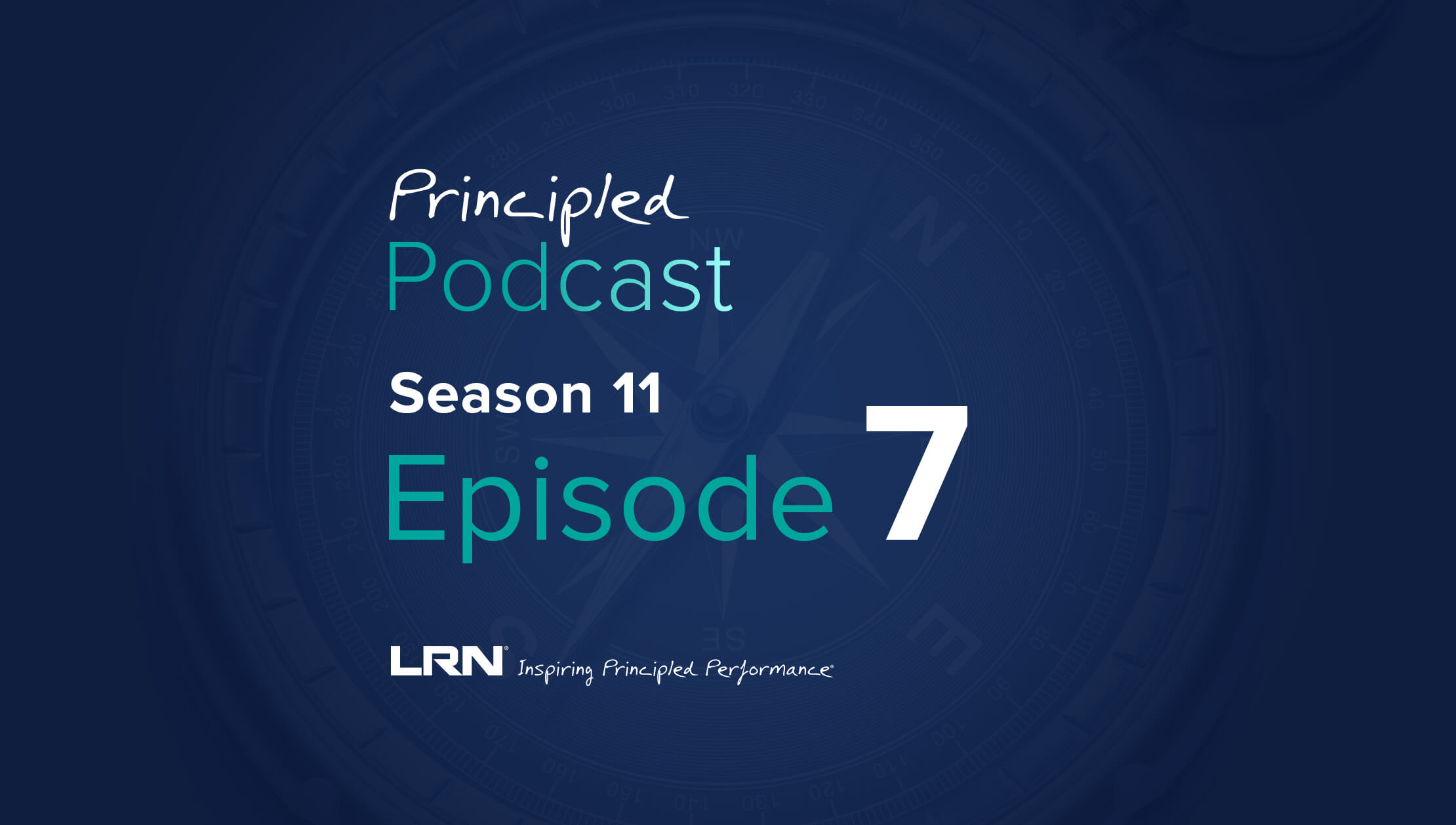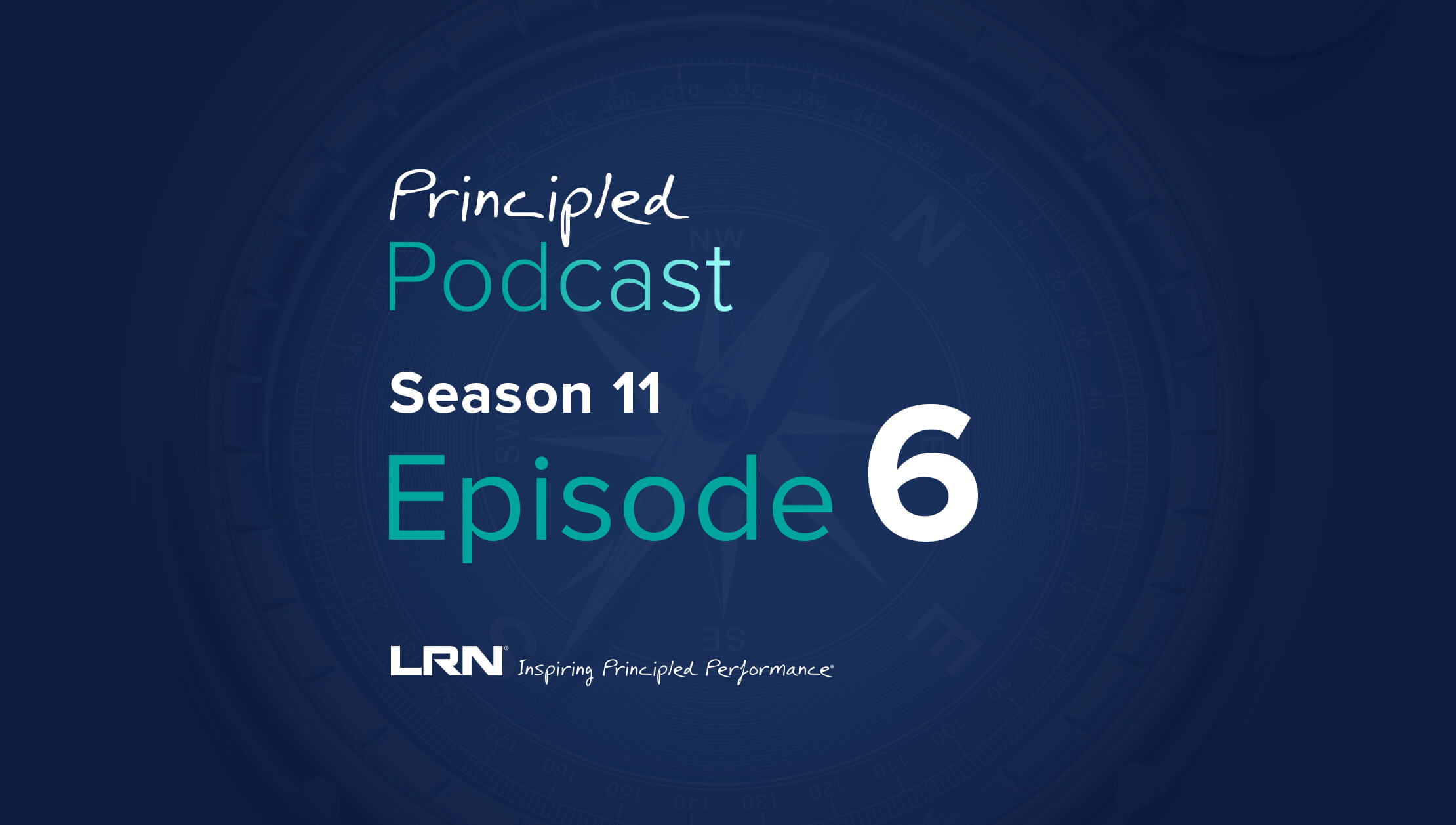A crucial part of strengthening ethical corporate culture is creating the ability for employees at all levels to speak up if they've witnessed misconduct. According to LRN's Benchmark of Ethical Culture, employees in organizations with healthy ethical cultures are 1.8 times more likely to report their concerns to their immediate manager. However, without an effective whistleblower hotline program, employees might not know where to turn if they suspect fraud is occurring within their organization.
Research from the Association of Certified Fraud Examiners (ACFE) reveals that whistleblower tips are one of the most common ways that fraud schemes are detected. Recently, ACFE and the Institute of International Auditors (IIA) released a global report entitled Building a Best-in-Class Whistleblower Hotline Program that examined the key elements of whistleblower hotline programs in workplaces worldwide. The report provides benchmarking data for hotline programs and evaluates the factors that make these hotline programs effective. It also looks at the reasons many organizations do not have a hotline program, as well as the regional differences between hotline programs. Here are some of the key findings.
How global organizations create successful whistleblower programs
As explained by the National Whistleblower Center, professional auditors only detect around 19% of fraudulent activities, while whistleblowers detect and report around 43% of this activity, saving shareholders billions of dollars. This is largely because employees often have better access to information about business misconduct, which generally involves on-the-ground knowledge and participation of people in the organization. However, in order to encourage employees to step forward and speak up about misconduct, there must be a robust legal framework of protections—even incentives. Whistleblower laws have been enacted in 59 countries, though the laws and the programs designed to comply with the laws differ dramatically by region. In a single year, US-originated whistleblower claims accounted for more than $1.6 billion in False Claims Act settlements.
According to ACFE and IIA's global report, 75% of respondents indicated that their organizations have a whistleblower hotline program. In addition, 83% of these organizations provide multiple channels for reporting as part of their hotline programs—including common hotline reporting mechanisms like dedicated phone numbers, website or online reporting mechanisms, and dedicated email addresses. Nearly all of these hotlines allow anonymous reports, and 83% provide the ability for reports to be made 24 hours a day, 365 days a year.
A majority of hotline programs (72%) also include an official anti-retaliation policy. As explained by the Occupational Safety and Health Administration (OSHA), federal law prohibits US employers from retaliating against employees for engaging in activities covered by the Whistleblower Protection Program—including filing a report about a possible violation of the law, cooperating with law enforcement, or refusing to perform tasks that are against the law. An anti-retaliation policy is designed to receive and respond appropriately to compliance concerns posed by employees, as well as to prevent and address retaliation against employees who report concerns.
Where companies can improve their whistleblower hotline programs
One-quarter of the respondents participating in the ACFE/IIA study indicated that their organization did not have a whistleblower hotline program, a program was being considered, or they were unsure of whether their organization had a program. Among respondents who reported that their organization did not yet have a program, common considerations for developing a program included anonymity, awareness, follow-up actions, and protection against retaliation. Currently, only 39% of whistleblower programs undergo formal audits, and less than half of organizations train their managers on how to avoid, recognize, and respond to retaliation against whistleblowers.
The ACFE/IIA report notes that small corporations commonly have fewer controls to prevent business misconduct for several reasons—including limited financial resources to devote to implementing a whistleblower program, a smaller number of staff to put whistleblowing policies in place, and even the amount of trust that the company needs to continue growing the business. Only 26% of small organizations that participated in the study had a whistleblower hotline, and even fewer (9%) offered incentives for whistleblowers, an anti-fraud policy, fraud training for managers, executives, and employees, or other measures designed to encourage employees to express concerns about misconduct.
Why businesses should encourage speaking up and reporting misconduct
Trust is a crucial element of a successful business. According to LRN research, employees speaking up and reporting concerns is a strong indicator of trust, as workers have faith that their concerns will be heard, considered, and properly managed. When businesses build trust, they also see better outcomes. The LRN Benchmark of Ethical Culture found that companies with the strongest ethical cultures outperform by around 40% across all measures of business performance, including customer satisfaction, employee loyalty, innovation, adaptability, and growth.
In work environments where misconduct is taking place, companies and their shareholders stand to lose thousands of dollars a month because of fraudulent activities. While these activities are sometimes reported by customers, vendors, shareholders, or even competitors, most often it is the employees who file the report. According to the ACFE/IIA report, fraud losses are reportedly twice as high for organizations that do not have hotlines. Further, companies that offer whistleblower hotlines are more likely to offer training to help employees understand what business misconduct looks like, how to detect it, and how to report it.
As noted by OSHA, employers must not discourage employees from making whistleblower complaints, delay providing employee whistleblower reports to the government, or require employees to report their concerns to their employer first. Anti-retaliation programs also must not discourage or mislead employees about their federal right to report compliance concerns or retaliation externally.
The key takeaway
Organizations with a successful whistleblower program detect fraudulent activities in less time than those who do not have one, with an average of 12 months for detection of fraud in companies with hotlines compared to 18 months in companies without. Having an effective whistleblower hotline is essential for developing a stronger ethical culture and environment of trust among employees. Download the LRN Benchmark of Ethical Culture to learn how to create a strong and compelling case for your business to invest in building more rigor in the management of ethical culture.



